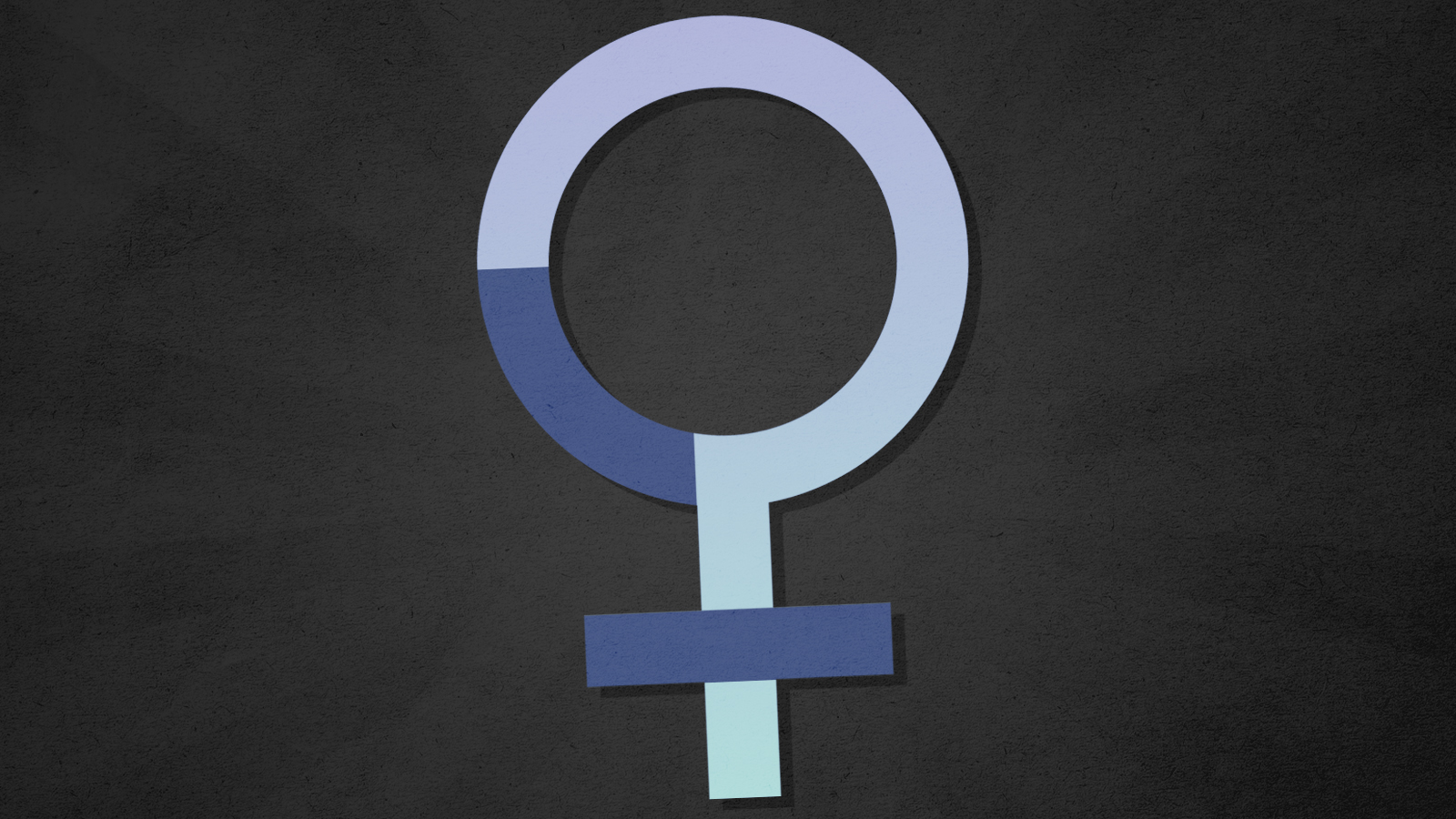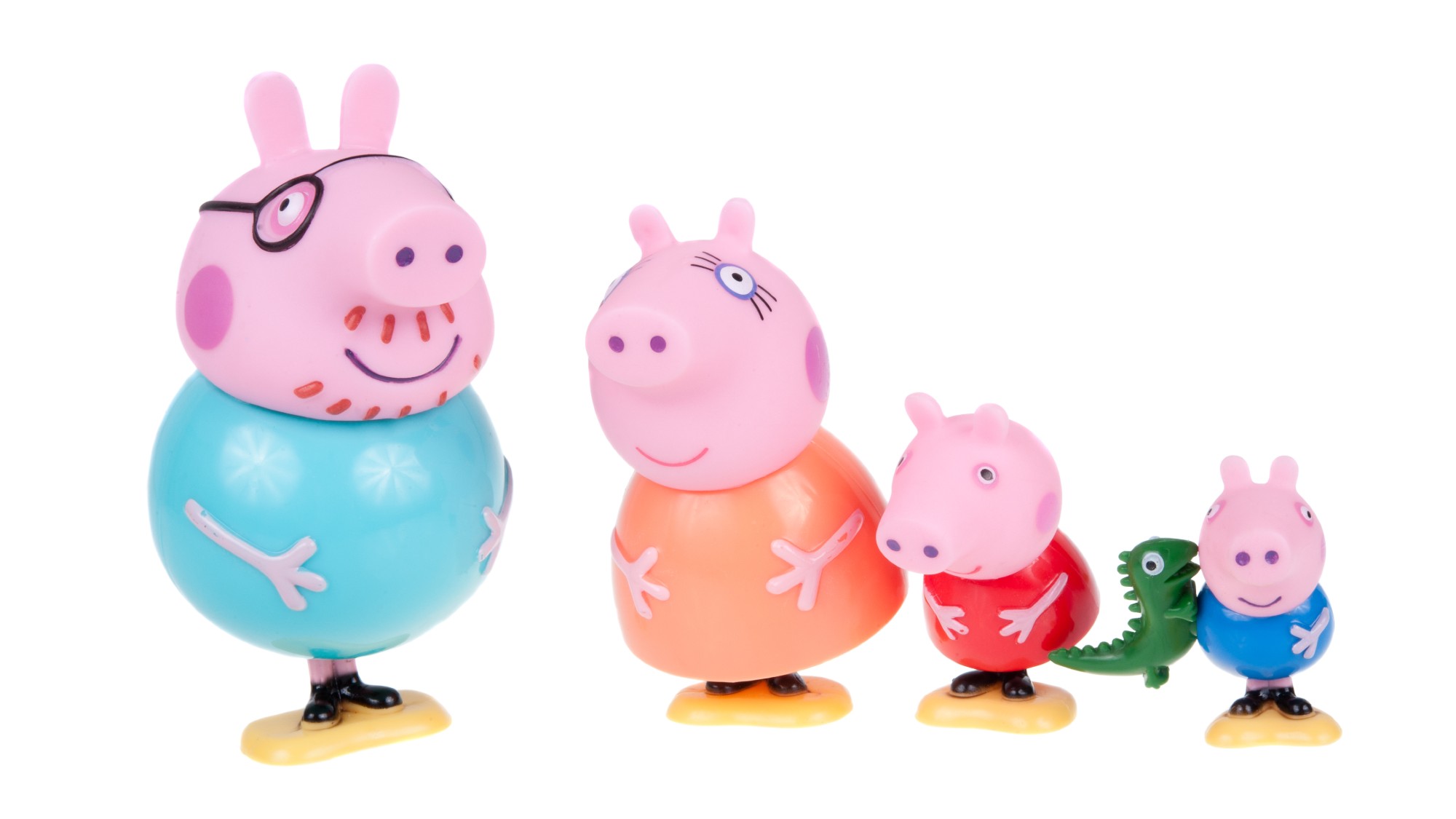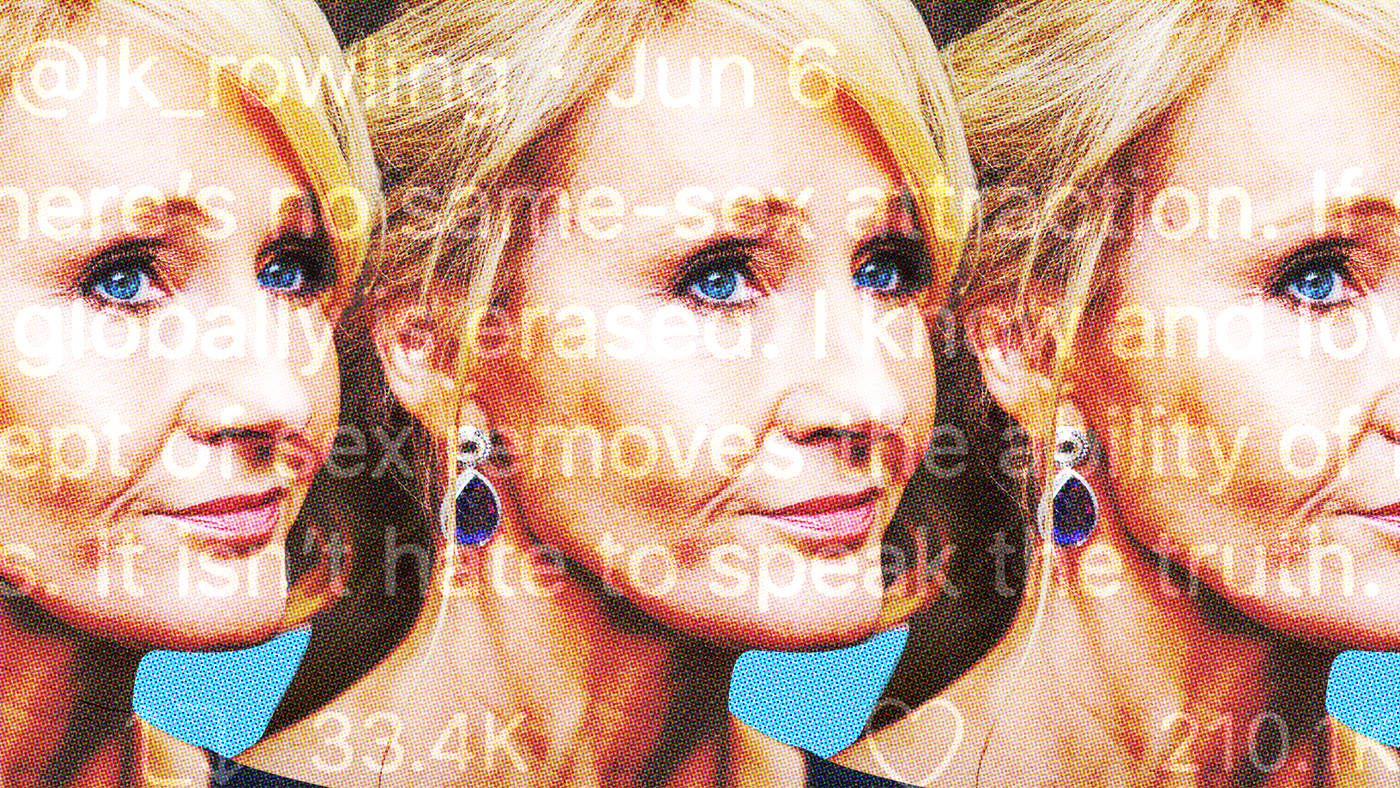The conservative 'What is a woman?' talking point, explained


A free daily email with the biggest news stories of the day – and the best features from TheWeek.com
You are now subscribed
Your newsletter sign-up was successful
In the wake of the Supreme Court overturning Roe v. Wade, the 1973 decision that established a constitutional right to abortion, a parallel debate has erupted over the use of inclusive pregnancy language. Critics say "omitting the word 'women' … to make room for the relatively tiny number of transgender men and people identifying as nonbinary who retain aspects of female biological function and can conceive, give birth, or breastfeed" effectively "erases" women, while supporters of inclusive language call that argument "transphobic" and argue that using such terms "costs us nothing and makes the movement stronger."
Nevertheless, conservatives have weaponized "gotcha" questions like "What is a woman?" or "Can men get pregnant?" Here's everything you need to know:
How have conservatives weaponized these questions?
In a Senate Judiciary Committee hearing this week, University of California, Berkeley law professor Khiara Bridges went viral after Sen. Josh Hawley (R-Mo.) asked her to clarify if her use of the term "people with the capacity for pregnancy" meant "women." "Many women — cis women — have the capacity for pregnancy, many cis women do not have the capacity for pregnancy," Bridges answered. "There are also trans men who are capable of pregnancy as well as non-binary people who are capable of pregnancy." She went on claim that Hawley's "line of questioning" was "transphobic" and "opens up trans people to violence."
The Week
Escape your echo chamber. Get the facts behind the news, plus analysis from multiple perspectives.

Sign up for The Week's Free Newsletters
From our morning news briefing to a weekly Good News Newsletter, get the best of The Week delivered directly to your inbox.
From our morning news briefing to a weekly Good News Newsletter, get the best of The Week delivered directly to your inbox.
Hawley's question did not come out of a vacuum, however. Right-wingers like conservative podcast host Matt Walsh and the conservative Christian YouTube channel What Would You Say have been using the "gotcha" question "what is a woman?" for a few years now, both to troll liberals — but also in higher stakes encounters. Sen. Marsha Blackburn (R-Tenn.), for example, asked then-Supreme Court nominee Ketanji Brown Jackson to "provide a definition for the word 'woman'" during her Senate confirmation hearing earlier this year (Jackson ultimately responded that she could not because she is "not a biologist").
How did the debate start?
Questioning gender is as old as civilization itself. Letters from the 18th century B.C. discovered in Mari, Syria, describe a type of prophet known as an assinnū or "man-woman." Historian Edward Gibbon wrote that the teenage Roman Emperor Elagabalus "cop[ied] the manners and dress of the female sex." Court documents from the late 1300s record the interrogation of London prostitute Eleanor Rykener, who confessed to having previously lived as a man under the name "John." More recently, gender critics have argued that while we tend to think of our definition of "woman" as being the objective definition, it isn't; it's culturally constructed.
But the question of defining "women" has become particularly seized upon by Republicans since the Roe v. Wade decision. "Turning their ire on inclusive language is a conscious strategy," argues Vox. "It allows Republicans to misrepresent and minimize the effects of laws like abortion bans, by omitting groups that they affect. Engaging in transphobia also plays well with some members of the Republican base."
Why is this question so touchy?
The opposite of a "constructionist" definition of gender would be an "essentialist" definition, one rooted in female biology: "Previously a commonly understood term for half the world's population, the word had a specific meaning tied to genetics, biology, history, politics, and culture," wrote New York Times columnist Pamela Paul in a recent op-ed. "No longer. In its place are unwieldy terms like 'pregnant people,' 'menstruators,' and 'bodies with vaginas.'" Or — as soon-to-be-former Rep. Madison Cawthorn (R-N.C.) put it — a "woman" is "XX chromosomes, no tallywhacker."
A free daily email with the biggest news stories of the day – and the best features from TheWeek.com
Before they ever reached into congressional hearings and cable news, the debate between these two definitions of womanhood played out in the left-leaning milieus of academia and feminist activism, with "gender critical" feminists — labeled "trans-exclusionary radical feminists" or TERFs by their detractors — arguing in favor of essentialism. Now the issue has become front and center, as stoked by the "remarkable bad faith" questioning of conservatives, Philip Bump wrote for The Washington Post.
Others, though, argue the whole debate has become a distraction. "The truth is, you can be kind. You can be inclusive. You can also be accurate," writer and philosopher Kate Manne wrote in a recent Substack post pushing back on the circular debate. "You may just have to make a small but necessary moral effort. And, if you are not prepared to do that, you should be corrected when applicable and subject to due criticism. That is not cancellation, to anticipate. It is basic accountability."
Grayson Quay was the weekend editor at TheWeek.com. His writing has also been published in National Review, the Pittsburgh Post-Gazette, Modern Age, The American Conservative, The Spectator World, and other outlets. Grayson earned his M.A. from Georgetown University in 2019.
-
 What is the endgame in the DHS shutdown?
What is the endgame in the DHS shutdown?Today’s Big Question Democrats want to rein in ICE’s immigration crackdown
-
 ‘Poor time management isn’t just an inconvenience’
‘Poor time management isn’t just an inconvenience’Instant Opinion Opinion, comment and editorials of the day
-
 Bad Bunny’s Super Bowl: A win for unity
Bad Bunny’s Super Bowl: A win for unityFeature The global superstar's halftime show was a celebration for everyone to enjoy
-
 Daddy Pig: an unlikely flashpoint in the gender wars
Daddy Pig: an unlikely flashpoint in the gender warsTalking Point David Gandy calls out Peppa Pig’s dad as an example of how TV portrays men as ‘useless’ fools
-
 To the point: the gender divide over exclamation marks
To the point: the gender divide over exclamation marksTalking Point ‘Men harbouring urges to be more exclamative’ can finally take a breath – this is what using the punctuation really conveys
-
 The rise of the performative male
The rise of the performative maleTalking Point What the latest internet trope tells us about gender roles, dating and male illiteracy
-
 'Mankeeping': Why women are fed up
'Mankeeping': Why women are fed upFeature Women no longer want to take on the full emotional and social needs of their partners
-
 A timeline of JK Rowling's anti-trans shift
A timeline of JK Rowling's anti-trans shiftIn Depth The 'Harry Potter' author's comments about the trans community are ongoing
-
 What makes a man a man?
What makes a man a man?In Depth Men are in trouble. Part of it is an identity crisis.
-
 The video game franchises with the best lore
The video game franchises with the best loreThe Week Recommends The developers behind these games used their keen attention to detail and expert storytelling abilities to create entire universes
-
 The buzziest movies from the 2023 Venice Film Festival
The buzziest movies from the 2023 Venice Film FestivalSpeed Read Which would-be Oscar contenders got a boost?
